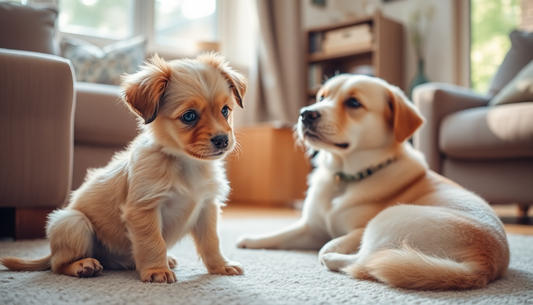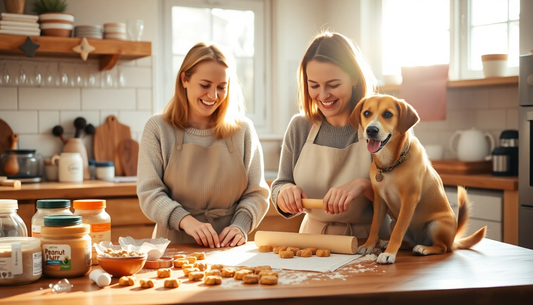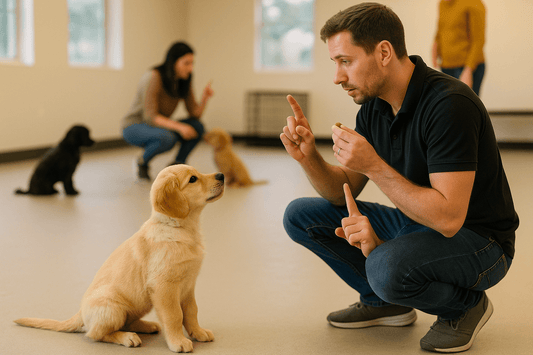Bringing home a new puppy is one of life's greatest joys, but it also comes with the important responsibility of proper training. Many new pet parents wonder: when is the right time to start obedience training? The answer might surprise you – it's earlier than you think!
The Golden Window: 7-16 Weeks
Puppies are most receptive to learning between 7 and 16 weeks of age, during what's called the "critical socialization period." During this time, their brains are like little sponges, absorbing everything around them. This is the perfect window to introduce basic commands and positive behaviors.
What Can You Start Teaching Right Away?
Even very young puppies can begin learning simple concepts:
- Name recognition – Use your puppy's name frequently and reward them when they respond
- Basic commands – "Sit," "stay," and "come" can be introduced as early as 8 weeks
- House training – Consistency is key, and the sooner you start, the better
- Bite inhibition – Teaching gentle play is crucial for safety
The Power of Positive Reinforcement
Always use positive reinforcement methods with your puppy. Reward good behavior with treats, praise, and play. High-quality training treats make all the difference – they should be small, soft, and irresistible to your pup. This creates positive associations with learning and builds trust between you and your furry friend.
Professional Training vs. Home Training
While you can start basic training at home immediately, enrolling in a puppy kindergarten class around 10-12 weeks (after initial vaccinations) provides valuable socialization opportunities. These classes help puppies learn to interact appropriately with other dogs and people.
Key Training Tips for Success
- Keep sessions short – 5-10 minutes for young puppies
- Be consistent – Use the same commands and rewards every time
- Practice daily – Multiple short sessions work better than one long session
- End on a positive note – Always finish with a successful command
- Be patient – Every puppy learns at their own pace
What If My Puppy Is Older?
Don't worry if you missed the early window – it's never too late to start training! Older puppies and adult dogs can absolutely learn new behaviors, though it may take a bit more patience and consistency.
Setting Your Puppy Up for Success
Remember, training is an ongoing process that strengthens the bond between you and your puppy. With the right approach, plenty of patience, and quality rewards, you'll help your furry friend become a well-behaved, confident companion.
Start early, stay consistent, and most importantly – have fun with the process. Your puppy's eager-to-please attitude and your dedication will create a lifetime of happy memories together!








